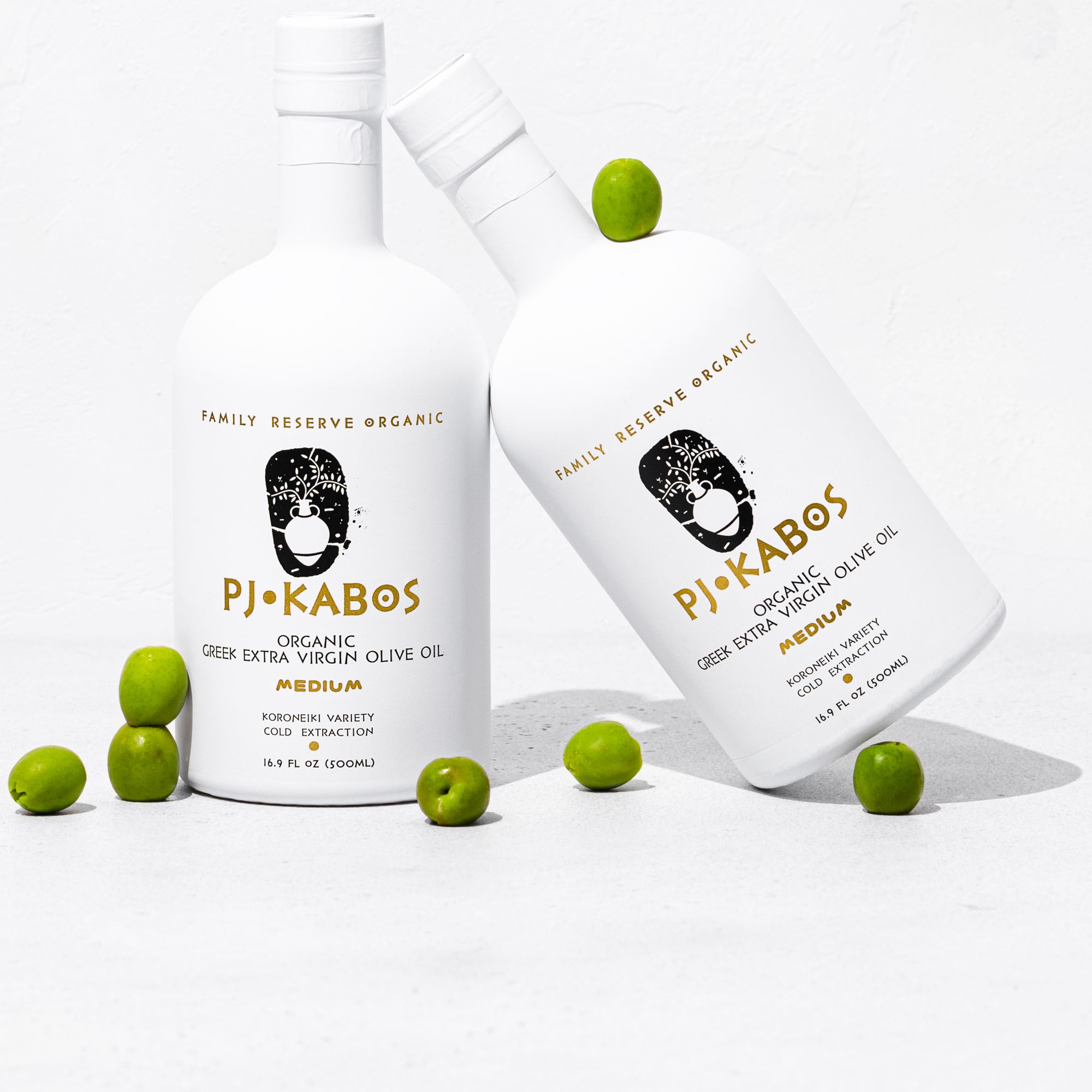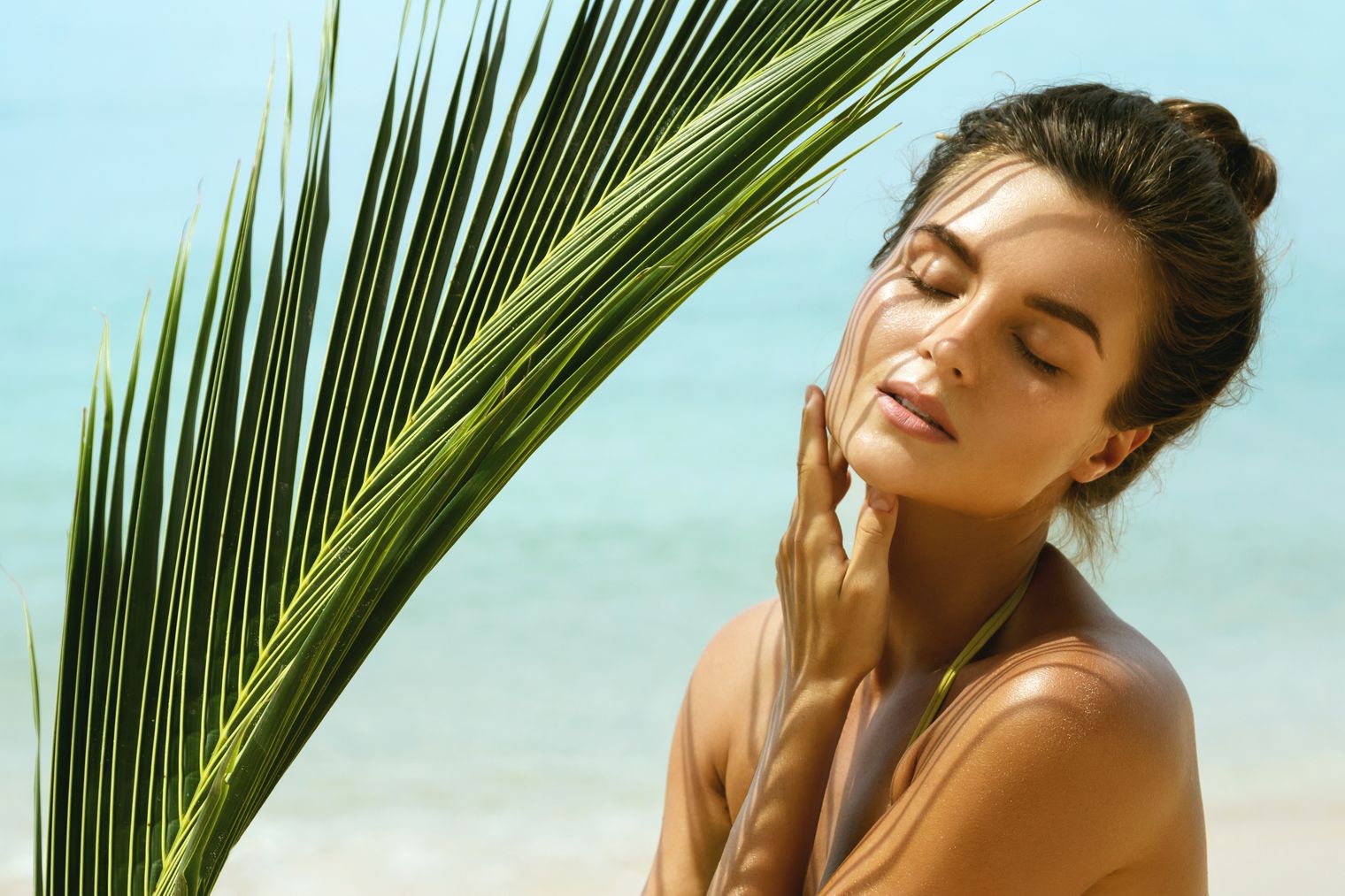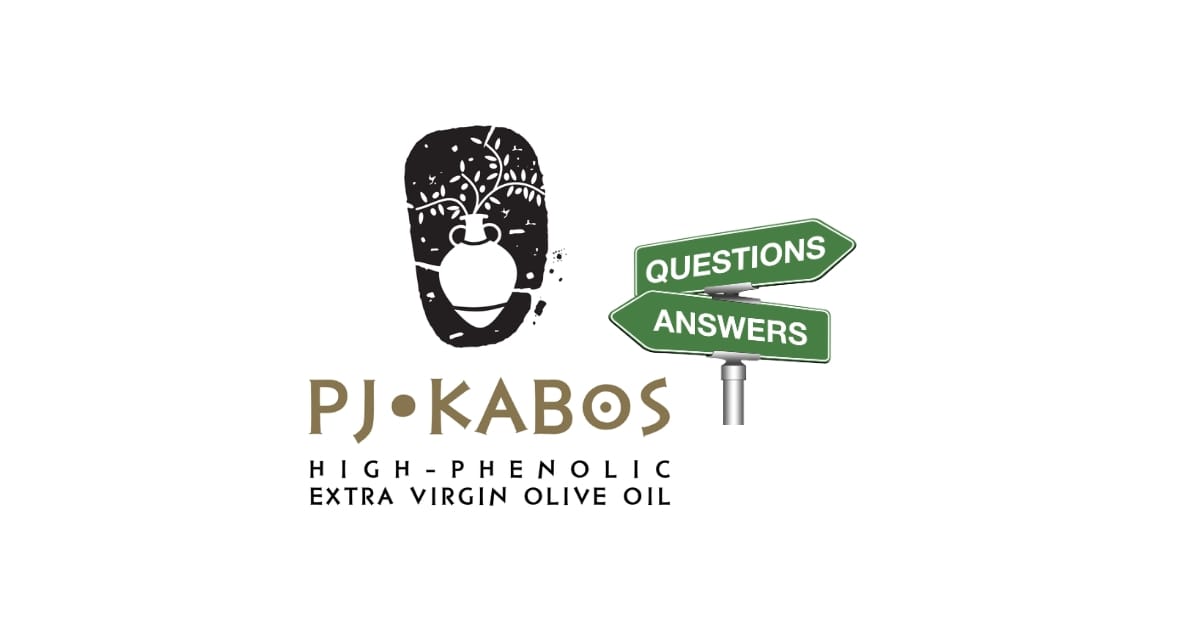We get it: There’s just something about a nice summer glow (especially after a long winter) that makes you feel alive again. And if you typically reach for a tanning oil to achieve your bronzed goddess status, you may be wondering, “can’t I just use olive oil as a natural DIY tanning oil?”
It’s a valid question. After all, olive oil is a well-known natural beauty staple for hair and skin care. Thanks to its monounsaturated fatty acids, olive oil is great at penetrating damaged hair shafts and retaining moisture. It also functions as an “occlusive” on skin, which means it coats the skin and seals in moisture when layered on top of your regular lotion. Plus, extra virgin olive oil contains loads of skin-friendly antioxidants like vitamin E, and zero funky artificial ingredients.
But the question “does olive oil help you tan?” is a bit complicated. The quick answer: Yes, it does. The more responsible answer: Yes, it does, but you probably shouldn’t use it if you care about your long-term health and appearance. Keep reading to find out why.
Does sunbathing with olive oil help you get a deeper tan?
Yes, olive oil (and every other type of oil) helps you achieve a tan. But how, exactly? New York-based dermatologist Debra Jaliman, M.D., recently told Byrdie that oil lowers the refractive index of your skin—meaning, oil essentially allows your skin to accept light from more angles when normally some of it would be reflected away.
This allows for more of the sun’s UV rays to penetrate your skin, which accelerates skin cell’s production of melanin, the pigment that gives your skin its color, according to WebMD’s chief medical officer John Whyte, M.D.. And the more melanin, the darker your skin looks.
Is using olive oil for tanning even safe, though?
Nope, olive oil isn’t safe for tanning—and neither are other oils—because there’s really no safe way to tan. Tanned, darkened skin is simply sun damage in disguise.
Rita Linkner, M.D., a New York-based dermatologist told Healthline: “When UV light hits the surface of the skin it creates free radical species. If you accumulate enough free radicals, they start to affect how your DNA replicates. Eventually, the DNA will replicate abnormally and that’s how you get precancerous cells that can, with enough sun exposure, turn into cancerous cells.”
If you’re thinking, no big deal, consider the fact that around 3.5 million people are diagnosed with skin cancer every year, and 90 percent of those cases are caused by sun exposure. Even more incentive to ditch the tanning oil: It only takes one really bad, blistery sunburn before age 20 to double your risk of melanoma—the deadliest form of skin cancer. Plus, tanning accelerates skin aging like crazy. Too much sun contributes to dryness, age spots (which are bigger than freckles), hyperpigmentation, wrinkles, and a “leathery” appearance over time.
And oils in their undiluted natural state such as olive oil, coconut oil, and cocoa butter, can be even more dangerous than commercial tanning oils. That’s because natural oils (and petroleum-based baby oil) lack SPF to protect against damaging UVA/UVB rays, while most tanning oils contain at least some sun protection, even if it’s just SPF 10 or SPF 20.
And if you’re wondering, “don’t I need a tan to produce enough vitamin D?,” the answer is no. It’s true that some sun exposure is necessary for our bodies to naturally synthesize vitamin D, but you can typically make enough with just 10-20 minutes of midday sun exposure per day (or with supplements in winter months). That may result in subtle glow, but not a deep tan.
But can you layer olive oil under your sunscreen?
Considering the fact that olive oil contains skin-protective antioxidants, you may be wondering if it can actually be used to protect skin from sun damage when combined with sunscreen.
It’s hard to say for sure, but probably not with all sunscreen. That’s because chemical-based sunscreens contain ingredients like avobenzone, homosalate, octisalate, and octocrylene, which need to fully absorb into your skin in order to be effective. Too much olive oil creates a barrier on your skin, which would prevent these chemicals from penetrating and doing their job.
However, using a little bit of olive oil (mixed with your regular moisturizer) before slathering on a mineral-based sunscreen may be okay. That’s because mineral-based sunscreens don’t need to be absorbed. They contain ingredients like zinc oxide and titanium dioxide rest on top of your skin and physically deflect the sun’s rays.
The good news: Olive oil can help you get the perfect fake tan.
It’s not all bad news here! You can actually use olive oil and coffee grounds to get a subtle summery glow without a side of skin damage. Here’s how:
- Combine 1 cup used or fresh coffee grounds with 1 cup extra virgin olive oil in a bowl, and let the mixture sit for 5-10 minutes.
- Stand in the shower with your clothes off and gently scrub the coffee-olive oil mixture into your skin for several minutes. (Wear plastic gloves to prevent palm staining!)
- Let the mixture sit on your skin for 5-10 minutes, then rinse with warm water.
- Repeat 2-3 times per week for a subtle bronze glow and silky smooth skin.
How to safely use olive oil in your post-sun skincare routine.
Even though you shouldn’t use olive oil to tan, it actually makes a lot of sense to use it after you spend time in the sun. Some experts say its antioxidants and fatty acids may help combat skin redness, sunburn, dryness, and other signs of irritation.
Intriguing research suggests that applying olive oil after sun exposure may prevent some of the free radical damage that leads to skin cancer, too. In the study, researchers applied olive oil to the skin of mice after they were exposed to UV rays. The mice with olive oil on their skin had significantly less tumor growth than the mice with nothing on their skin.
If you get a little too much sun, try combining high-quality extra virgin olive oil with your regular moisturizer for a soothing antioxidant boost.
Bottom line on olive oil for tanning.
Using olive oil (or any type of oil) to speed up the tanning process is effective but quite dangerous, as it can lead to free radical damage that promotes skin cancer, wrinkles, premature aging, and more. However, there are some interesting ways to use olive oil to boost the health and appearance of your skin without causing problems. Try combining olive oil with coffee grounds as a DIY self tanner, or use olive oil on your skin after sun exposure to help reduce redness, irritation, and damage.
Product placement
PJ KABOS 'Family Reserve Organic - Medium'
High Phenolic and 2022 Gold-Award Winner.
Declared as 'One of the World's Best Olive Oils'.
Click here to shop.





